|
See you in September. David Revised October 2022
0 Comments
Lockdown 2.0 Oh boy!
The article above supplies some great ideas to keep us practicing. I invite you to click the photo to read the article. David It is two months before the big date. What do you do? How do you practice?
Some thoughts:
David Listen to superb musicians playing great music. It is a musical truism: "we are who we listen to" because who we listen to inculcates the sound of the music into our being. This inculcation will colour how you play.
Try this on your next new piece.
Have fun. David Revised January 2024 A good question. If you are in a hurry to be great, it is going to be difficult as greatness takes a long time. Furthermore, today the level and depth of training in all fields of skilled physical activity, like sports, and music, is much greater than the past. Yesterday's heroes wouldn't make the team today. So, what worked 50 years ago, won't work today. However, consider the roles of the following: humility, patience, aural training, tutors, learning to practice, realistic goals.
I'm available to help Just call me. David Revised 2024 Classical piano Grades 1-2 Is it possible to make progress in 10 minutes? Of course. At some point longer practice sessions will be required, but with planning and focus you can accomplish a lot in a shorter time. Remember playing an instrument is fun when we succeed at it. And can clearly see our progress over time. What practice is: Learning through thoughtful repetition how to play our instrument so that over time we progress towards our goal however modest or lofty that may be. The goal is to accomplish a micro step forward each time we sit to practice. The size of this micro step varies on the time available. What practice is not: Messing around playing stuff we know is not practicing, it is playing. This is not a negative, but the reason we practice in the first place. In conclusion don’t feel guilty messing around, just don’t confuse it with practicing. Fool around without guilt. Have fun. Session 1
Have fun. David The "breakfast piano minutes" are usually created in about 10 minutes 1st thing in the morning.
Students often believe that I must have started early in life with lots of natural talent. Let me clear this up.
I am proof practice works.
I made it into Berklee with 4 years of piano under my belt, but it included 2 years of professional gigging in rock and country bands in the North Bay region. A lot of gigs. Plus, my basement jazz band. That made the difference I figure. But who knows, recordings do not exist. I got through Berklee as a composition major. I thought about being a performance major, but that required serious practice. Something I was not interested in. But I continued playing gigs during those years. A lot of gigs. Some exciting gigs. I was a busy journeyman. I could sight-read just about anything. I showed up on time ready to play. I was pleasant to be around. Where did that put me in the Berklee pecking order? Turns out near the top. I made it one year to the number 2 band. So, when did I learn to practice? Age 42! Signed up for my Grade 10 exam. My very first piano exam ever. I couldn't fake it. I had to play it. I put a couple of thousand hours of focused practice in. I read every book I could find on how to practice. How many books? Chapters bookstore sent me Christmas present. That is how many.
David
Have Fun, see you in September. David How many hobbies can one-person juggle?
Depends. I juggle one. I had two, but Covid19 put an end to that. I’ve students who try to juggle 3 or more while holding down jobs, spouses, children, and life. They often looked stressed. How do my less stressed students do it? Here are some tactics they follow:
Do you remember why you were attracted to piano in the first place? Put up a post it note on the piano to keep it front of mind. Cheers, David "Have a plan, work the plan" Sage advice A plan is great if you can find your materials when it's time to practice. A plan is great if you can have some quiet alone time to focus and have fun.
Here are ten tips on one aspect of success: an organized workspace.
Have a productive session. David An Ideal Practice Session With Fly Me To The Moon
To get you started, here are several recordings of Fly Me to the Moon. Imitate the melody, phrase by phrase. Have Fun, David Story April 2023
Practicing in the times of the Covid-19 outbreak is going to be a challenge for some.
Some lucky people will use the extra time to jump right in. For this group I suggest ramping up practice amount slowly to avoid injury. The book, “The Musician’s Way” suggests increasing practice time 10% per week to avoid problems. Warming up before hand with a short cardio and stretching routine will also be beneficial. For those too stressed to practice and/or focus try these tips:
Good luck, David “How good do you want to be?” Start with this question followed with: “how should I spend my time?”
Success will depend on the depth and breathe of your practice. My most successful students have made peace with time and possibility. Yes, time counts, but patience and realistic expectations count for more. Learning has piano follows a well trodden path. You just must follow it to succeed. There is no secret. Just time and hard work. We must be realistic with the fact that course correction will be needed regularly. Life is messy. So:
Call me, I can help. David I've got happy students who practice more than an hour a day, others who practice an hour a week. Because their time matches their realistic expectations, they are happy. Could they all practice more? Of course. I could too.
My thoughts this week. David Revised January 2023 Practicing Blue BossaOne effective way of practicing jazz is the "Bill McBirnie method". Bill plays along with professional recordings. He has told me that he might spend hours playing along with dozens of recordings of a particular tune he is working on. Here are the videos I used to practice Blue Bossa this week on the vibraphone. Pay attention to the articulations and the differences in the last phrase, (measures 13-14-15-16). There are interesting differences to explore.
"How good do you want to be?" “What do you want to accomplish?"
Some benchmarks from accomplished colleagues:
This amount of time is sufficient to cover all that needs to be done is the areas of technique, etudes, repertoire, theory or ear training and finally sight reading. Though your experience may slight differ, as some point all skilled musicians have put in the time. Best regards, David Story PS: I'd like to thank my colleague Becky Yuan and former teacher Leon Karan for input on the numbers. Becky Yuan: Mississauga http://beckyyuan.com/ Leon Karan: Hamilton http://www.leonkaran.com/ revised 2024 A quick coffee video on practicing from pianist magazine. A former student came by today of a lesson after a one-year absence. He played some stride piano. He sounded so much better than I remember. So, I start asking some questions about what he has been up to in the practice room.
He said:
Yeah student! Cheers, David What to practice? Hal has some great thoughts. Twelve minutes of wisdom from a modern master. If you are a classical artist, substitute classical sounds for jazz sounds. It's all the same. "art is supposed to teach yourself something about yourself you didn't know" Hal Galper Best. David Expert musicians know what they are doing. Their experience comes from working on, maintaining, and mastering the skills in the following four quadrants of piano study.
If I can help you, call me. Best, David Story revised 2023 You will be recording your practice sessions. The equipment needed for your practice session includes a professional recording of your work, pencil and eraser, cell phone equipped with a recording app, and earbuds.
The first step is listening to a professional performance of your piece. If it is short, listen to it all. If it’s long, listen to the part you will be working on. Watch the score while listening. The second step involves writing the fingerings on every note in the piece. A key step is to use the editor’s suggestions as a starting place; you fill in the missing fingerings. The third step is to record yourself playing slow enough to execute the expression markings and fingering patterns before you while visualizing, in your mind, the professional recording. Now, listen back to your effort and assess yourself while watching the score. Now with your corrections in mind repeat the recording, playing, and assessment steps. I practice this way to prepare music for the Toronto Concert Band. I hope this helps! Updated May 2023
David Revised January 2023 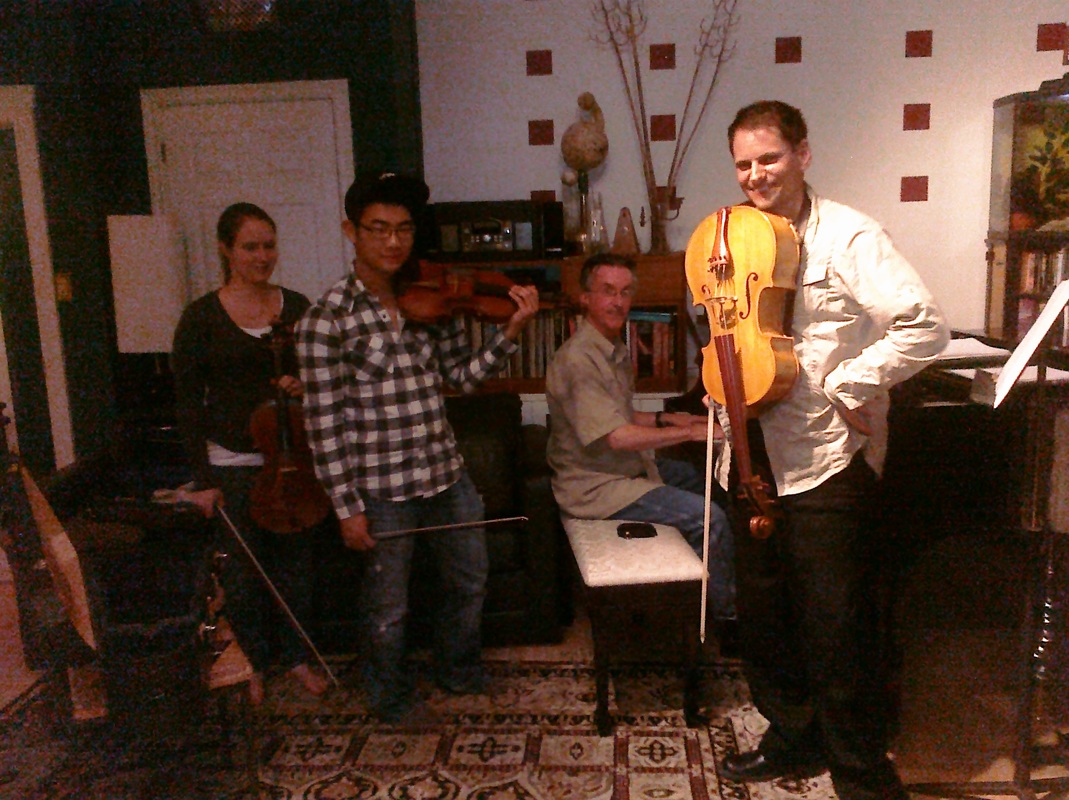 What can you accomplish in one hour of daily practice? With a good plan you can accomplish a lot. Here is a sample plan. 1. Warm up 2. Technique 3. Sight reading 4. Repertoire development 5. Reviewing completed material Warm up: Best advice I ever got? Go for a brisk walk before practice. Work up a sweat. Then your brain will be ready to work. Technique: Start slowly concentrating on playing with a lovely tone your assigned scales, chords, and arpeggios. Sight reading: Good sight readers read music like others can read a book. This is a skill that can be learned with practice. Repertoire development: Attack those annoying bits in pieces in the following way.
Away from the piano? Listen to the music you are playing or want to play. Go to concerts, be inspired. Cheers, David Story revised October 2023 Who has all the time in the world?
Cheers, David Story 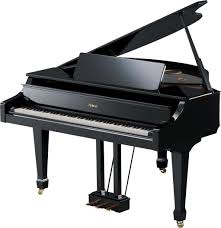 http://www.umanitoba.ca/faculties/arts/economics/cameron/success.html A sampling... The "A" Student - An Outstanding Student
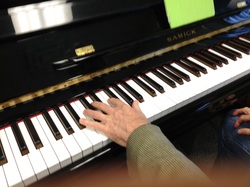 Techniques for Effective Practice
Commonly Neglected Aspects by Students
My Top Four Practice Recommendations for Students
If I can help you learn to practice, call me. www.davidstory.ca Revised 2024 |
You've got to learn your instrument. Then, you practice, practice, practice. And then, when you finally get up there on the bandstand, forget all that and just wail. AuthorI'm a professional pianist and music educator in West Toronto Ontario. I'm also a devoted percussionist and drum teacher. Categories
All
|
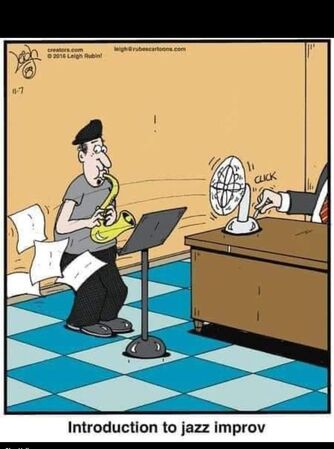
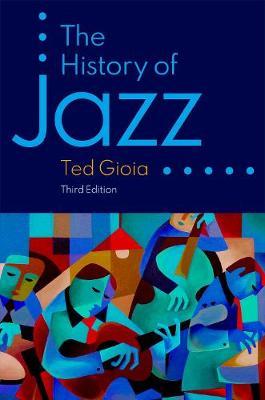
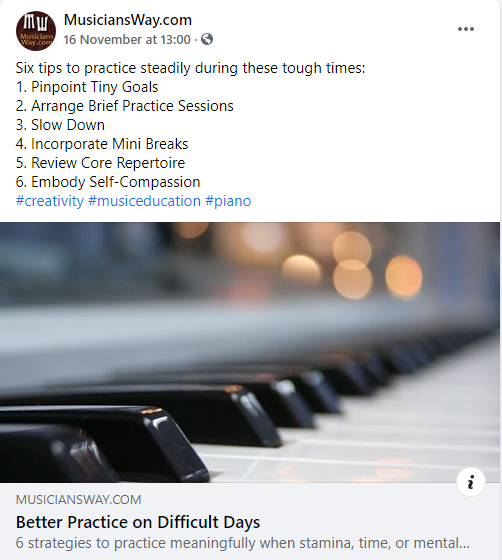
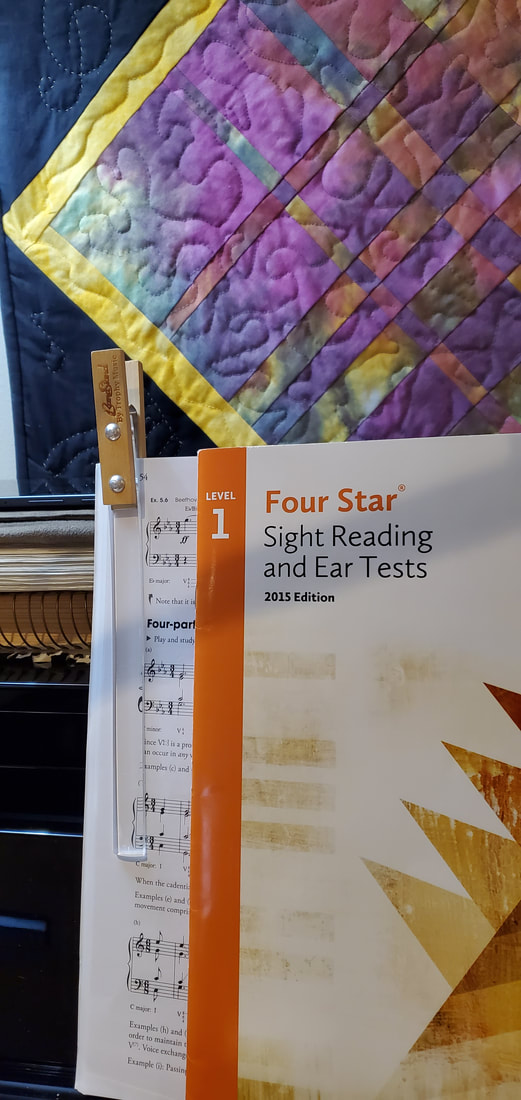
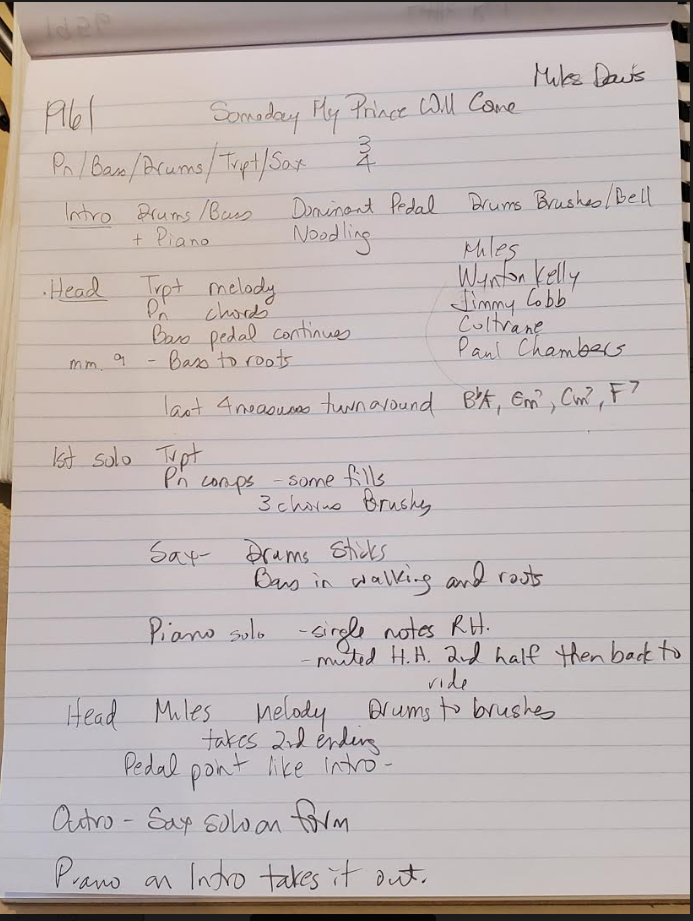
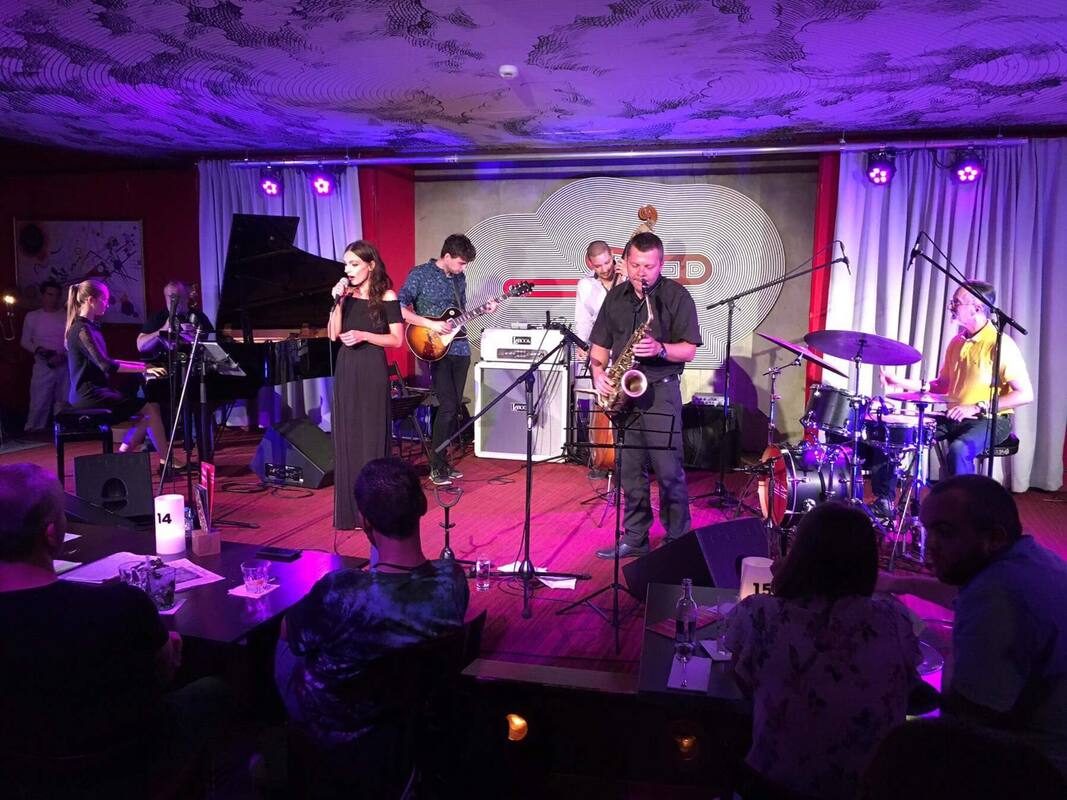
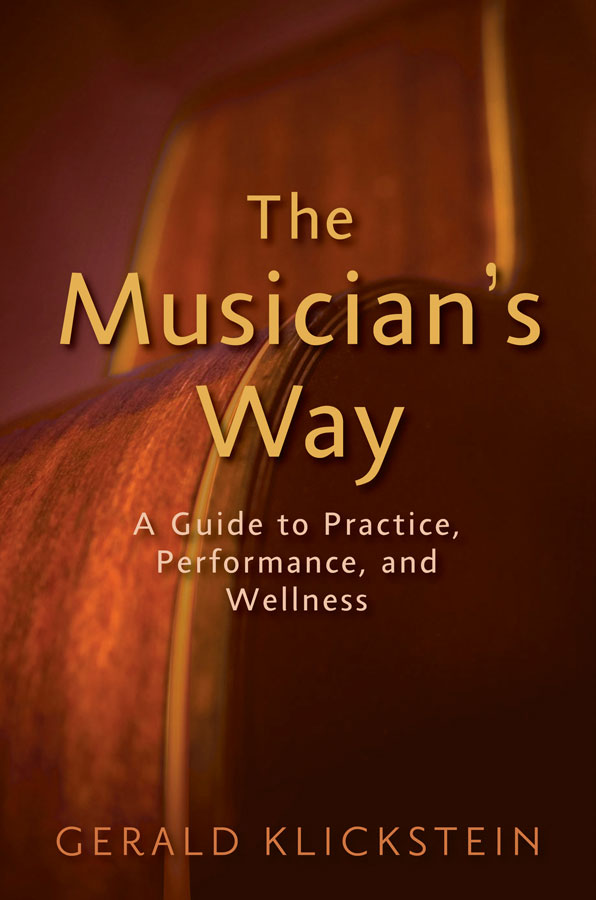
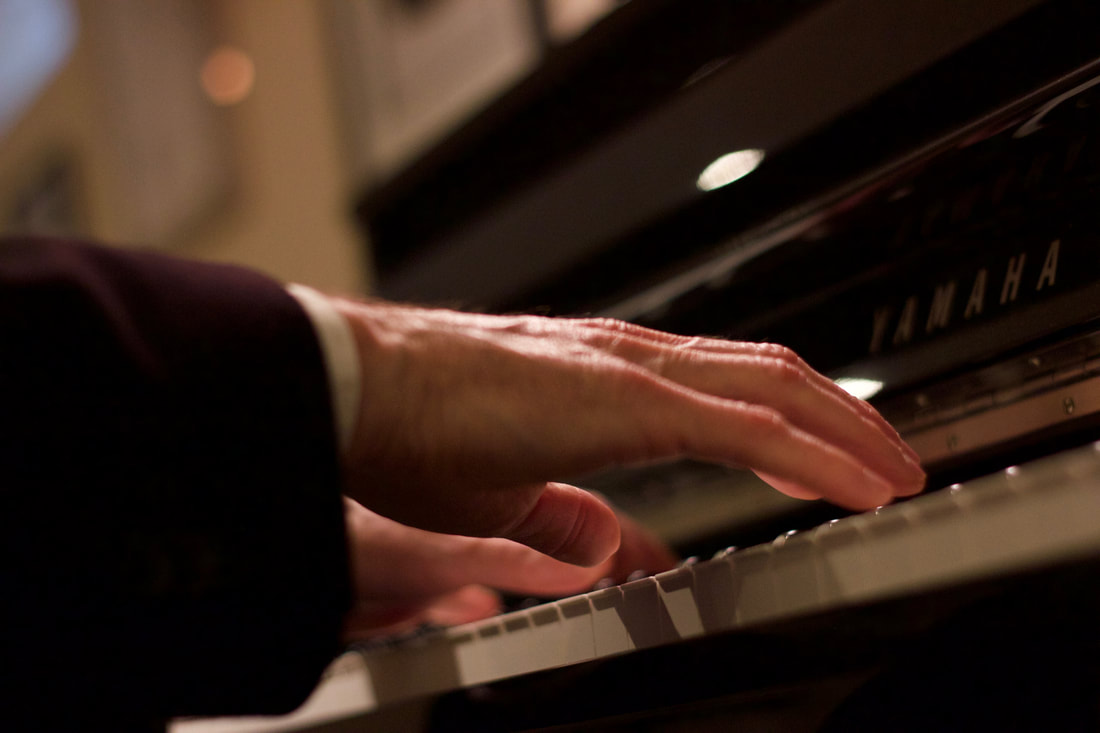
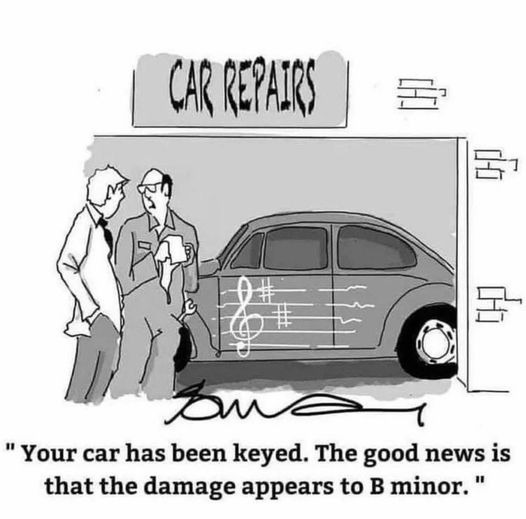
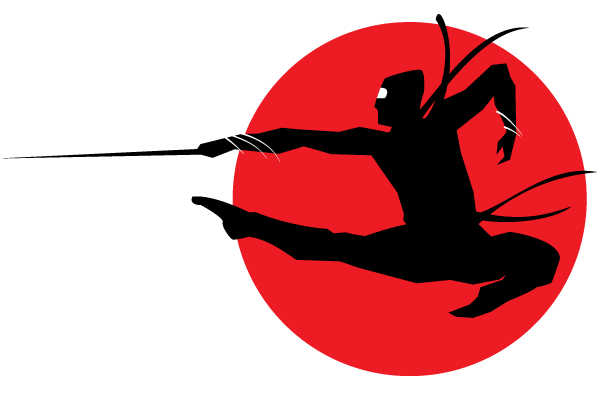
 RSS Feed
RSS Feed